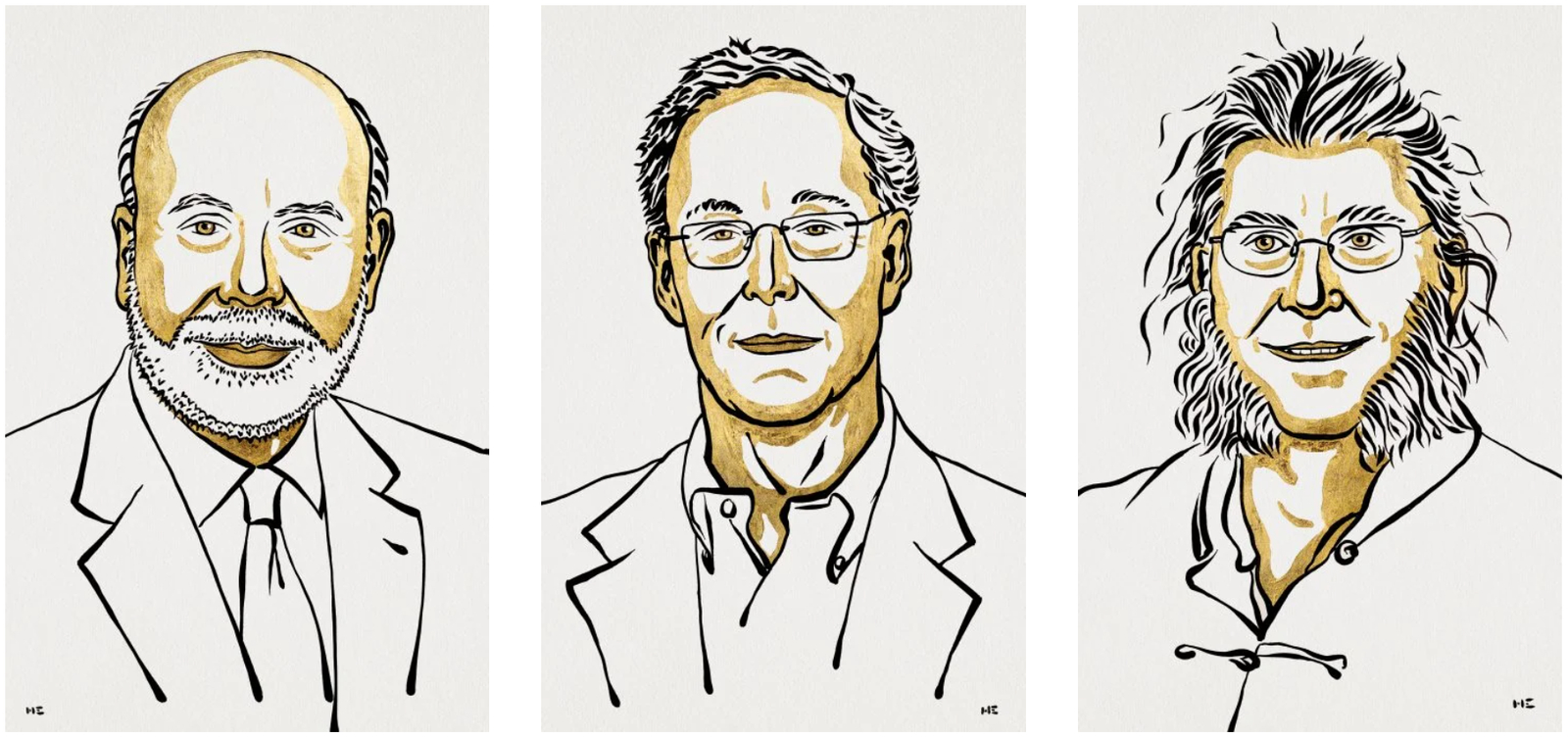Understanding the banking system and weathering crises lands Nobel prize + A bad work day can quickly spiral + Usain Bolt has (robot) competition

Last Nobel Prize of 2022: Ben Bernanke, Douglas Diamond and Philip Dybvig won the 2022 Nobel Economics Prize “for research on banks and financial crises,” the Royal Swedish Academy of Sciences announced in a press release. In the 1980s, they laid the foundation for modern banking research that explains why banks exist, how to make them more resilient to crises, and how bank failures exacerbate financial crises. “The laureates’ insights have improved our ability to avoid both serious crises and expensive bailouts,” the prize’s committee chair said. The three laureates will share the SEK 10 mn (USD 883,954) prize sum. The prize, known formally as the Sveriges Riksbank Prize in Economic Sciences in memory of Alfred Nobel, is the last of this year's Nobel Prizes to be awarded.
Your bad work day can become three: New research has identified five types of days that occur in the workplace, including “bad” ones that can spiral into three days of low productivity and morale, according to a study out of Virginia Commonwealth University. The researchers based their findings after analyzing 11.2k workday surveys taken within two to nine months by 221 employees. They found employees go through a cycle of days ranging between typical, ideal, crisis, disengaged or toxic.
The cycle of days: An ideal day — which typically accounts for 29% of employees’ work week — sees employees being quite productive with no obstacles hampering their way of doing business. A crisis day, representing 19% of days, would see some problems emerging yet things are still kept under control. The bad days, you ask? These are characterized by disengagement and toxicity, which leads to a lack of energy that offsets motivation and kills any chances of productivity.
But hey, it’s not really your fault, according to the research, which found evidence that the factors constituting what is a bad day are typically beyond individuals’ control. “Leaders play a really important role in engineering the work environment and how people perceive it day to day,” the research’s lead author said. And it’s not all bad — if your employer provides enough support and encouragement and you have some awareness on how days unfold. “There’s nothing to suggest that you’re going to have weeks of toxic days — there’s a light at the end of the tunnel,” one of the co-authors said. “Or, if you’re riding a wave, at some point that wave is going to come crashing down.”
Move over, Usain Bolt: Cassie, a bipedal robot, broke the Guinness world record for the fastest 100-meter dash in 24.73 seconds, The Washington Post reports. Designed at the Oregon State University, Cassie has been taught to walk correctly since 2017 and trained to improve its speed and agility. The robot is trained using algorithms that reward her when it behaves, which is inspired by Pavlovian psychology. “This is the first big step to humanoid robots doing real work in the real world,” AI professor and Cassie’s trainer Alan Fern says. The development in Cassie’s running abilities is significant because robot designers have previously struggled to create robots that can move around while maintaining balance.
However, challenges lie ahead in guiding robots across difficult terrains and understanding the functionality of objects. The most difficult procedure, according to an Arizona State University professor of human systems engineering, is designing a robot that interacts with humans in a natural way, and can accomplish things humans cannot.